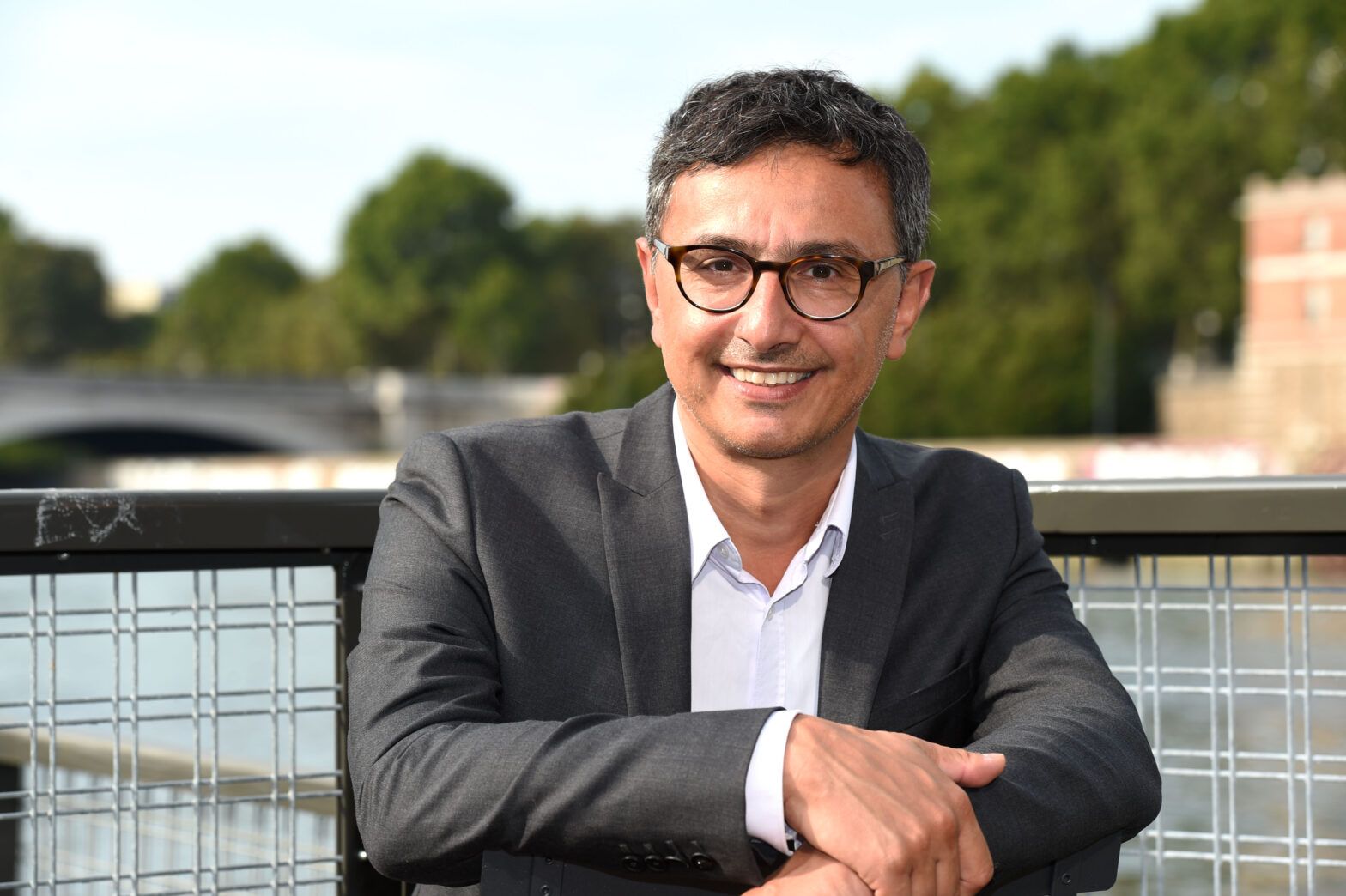What can we do to create an economy that is different from what we know today?
I was in Brussels recently speaking at the BeyondGrowth summit organised by the European Parliament’s political groups, at the invitation of MEP Aurore Lalucq.
The conference brought heads of the European Commission, Council and Parliament, high-level academics and experts, policymakers from across the EU institutions, representatives of civil society organisations, social partners and citizens to discuss and co-create policies for sustainable prosperity in Europe, based on a systemic and transformative approach to economic, social and environmental sustainability and its encompassing governance framework.
This new way of thinking would focus on the idea that the economy should be designed in a way that achieves environmental and social goals, whether this will deliver economic growth or not. We know that we have already gone beyond the safe limit of our planetary boundaries (this means that six planetary boundaries out of nine have now been crossed).
We need to revaluate humanity’s role within the web of life to manage to rebuild a society able to live within the boundaries. It is both an economic and political problem. It is crucial that the parliament(s) and politicians acknowledge the current issues and challenges and reflect upon how regulation could be used to improve the situation.
New ways to finance
The event was held for a few days and I participated in a conversation that focused on the role of finance. How can finance help to achieve the shift to a world beyond growth?
It is common knowledge that growth is fully embedded in finance. When speaking about financing something, we speak about the growth expectations of the project and companies we invest in. For example, the key metrics that are considered include: the valuation of a company, divided discount, cash flows, future cash flows, which are all linked to the growth prospects of a company.
Thus, this leads to the question: how can we come up with a new way to finance, which is not entirely linked to a company’s ability to grow continuously? That means that some parts of the economy will still need to grow while other parts of the economy will clearly ‘degrow’ or decline.
The role of finance, in this scenario, is very different from the traditional model, which is to finance everything in the economy. The finance industry should be more selective and focus on positive asset allocation decisions, heading towards a ‘degrowth’ model for the economy.
Finance, by nature, is linked to growth. We must use this powerful tool to help the economy grow, however, we need to invest only in projects that are compatible with the planet’s boundaries. In other words, we need to rethink our asset allocation.
Generally, regulation is one part of the answer. Since finance tends to only focus on growth, sometimes regulation can reshape that old paradigm and reduce the faults of a growth-based economy.
We also need better coordination between the economy, finance and civil society. What was striking during the conference, was the nature of the dialogue between activist groups, attendees, and speakers. The tone remains aggressive at a time when we should overcome the separation between the key actors that can drive change. We need people within the system at the table and move the needle from the inside.








